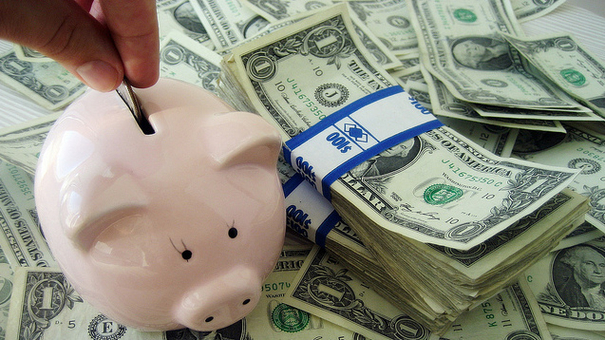Pay Yourself First - The Holy Grail of Personal Finance
Submitted by Robert Gordon & Associates, Inc on February 23rd, 2018
Remember way back to your first paycheck. The moment you open the envelope anticipating the windfall when all your hard work pays off. Then, like a swift kick to your gut, realty hits. Your takeaway earnings are almost always way lower than what you expected.
Once the shock and horror of taxes goes away, money management comes into play. Most of the time these days, paychecks are spent before the money hits your account. If only at the moment of your first paycheck you had implemented the ‘holy grail’ of personal finance, pay yourself first. The studies show that only 23% of Americans have enough emergency savings to cover six months of expenses (the amount many advisers recommend for financial security should something unforeseen happen)—and 26% have no emergency savings at all.
Building the habit of paying yourself when you pay your bills could be the difference between uncertainty and financial stability. So what exactly does pay yourself first mean? ‘Pay yourself first’ is a phrase popular in personal finance and retirement planning literature that means automatically routing your specified savings contribution from each paycheck at the time it is received. Because the savings contributions are automatically routed from each paycheck to your investment account, this process is considered to be paying yourself first; in other words, paying yourself before you begin paying your monthly living expenses and making discretionary purchases.
It’s never too late to establish these habits. Use the services available to you from your financial institution instead of waiting for saving to feel like second nature. Consider putting as much as you can on autopilot as you possibly can automate your paycheck to pay yourself first. We suggest direct-depositing contributions to a retirement account before that money hits your checking account. And if your employer allows for multiple automated transfers, you can also have a set amount transferred into emergency savings or another account earmarked for a specific savings goal.
However you do it, make saving for a rainy day and investing for your financial future a priority, your future self will thank you some day!

